The mysterious death of the 1,000-year-old yew trees of the North Downs in Surrey
After a millennium of untroubled existence, a number of ancient yew trees in Surrey have died in mysterious circumstances. James Fisher reports.
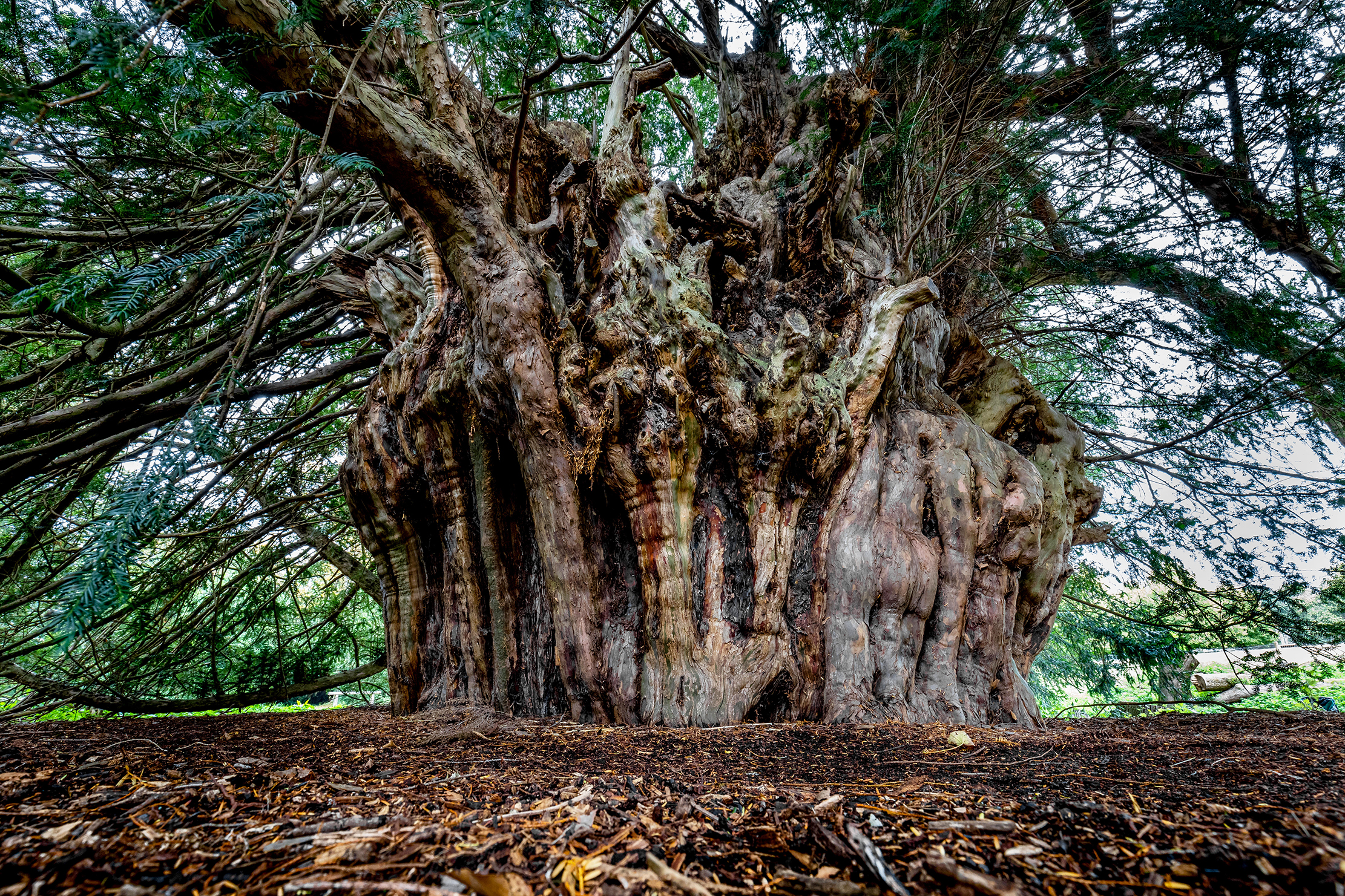

Research is under way to discover why some of the ancient yew trees within Newlands Corner on the North Downs in Surrey have died. Toby Hindson, of the UK’s Ancient Yew Group, will carry out research that will explore the deceased trees’ rings to discover when the mysterious agent began to affect them.
Estimated to be at least 1,000 years old, the Newlands Corner yews are one of the oldest large populations of wild yews growing anywhere in the world.
The trees are extremely rare in the wild, with the majority found in churchyards. The Ancient Yew Group worries that whatever is affecting the Newlands Corner trees may spread and that the idyllic pastoral scene of the traditional church with a yew beside it may be lost,’ says Mr Hindson.
‘Discovery of a “signature of decline” in ancient yew-tree rings would be a great coup — an example of the meeting of high science and conservation.'
‘It is this kind of knowledge that can reliably inform better practice and solutions to conservation problems.
'A side effect of this work may help in understanding the resilience of the old yews to climate change and water extraction. The site chronology that will be produced is a very powerful and versatile scientific instrument.’
‘We are naturally anxious to discover what has been affecting the ancient yews at Newlands Corner, so that everything can be done to conserve and protect other ancient yews,’ adds David Shreeve, director of the The Conservation Foundation.
Sign up for the Country Life Newsletter
Exquisite houses, the beauty of Nature, and how to get the most from your life, straight to your inbox.
Find out more about ancient yews of Britain at www.ancient-yew.org
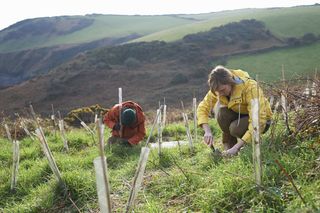
Credit: Getty
Why the world's tree planting plans must be about more than just battling climate change
Planting trees is good — but they have to be the right trees.
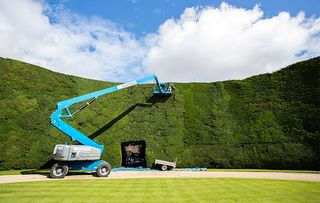
Credit: ALAMY
10 pictures of the world’s largest yew hedge which are almost beyond belief
The world’s tallest yew hedge, on the Bathurst estate in the Cotswolds, has just received its annual trim.
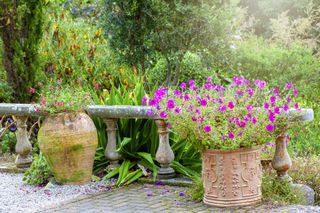
Credit: Jacky Parker / Getty Images
Alan Titchmarsh: The garden blunder that caught me out — and how it's going to cost me than I can admit to my wife
Alan Titchmarsh thought his 'old friends' growing peacefully in their pots would be safe. He was wrong.

James Fisher is the Deputy Digital Editor of Country Life. He writes about property, travel, motoring and things that upset him. He lives in London.
-
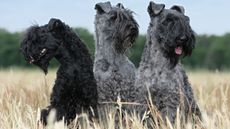 Can't you hear me S.O.S? Our treasured native dog breeds are at risk of extinction
Can't you hear me S.O.S? Our treasured native dog breeds are at risk of extinctionDo you know your Kerry blue terrier from your Lancashire heeler? A simple lack of publicity is often to blame for some of the UK's native dog breeds flying dangerously low under-the-radar.
By Victoria Marston Published
-
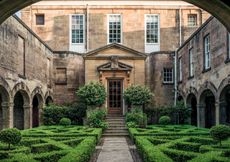 'There are architects and architects, but only one ARCHITECT': Sir Edwin Lutyens and the wartime Chancellor who helped launch his stellar career
'There are architects and architects, but only one ARCHITECT': Sir Edwin Lutyens and the wartime Chancellor who helped launch his stellar careerClive Aslet explores the relationship between Sir Edwin Lutyens and perhaps his most important private client, the politician and financier Reginald McKenna.
By Clive Aslet Published